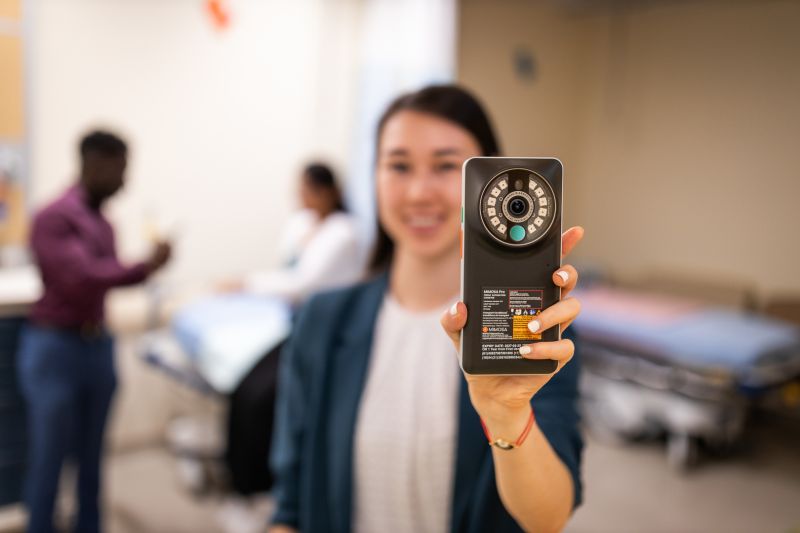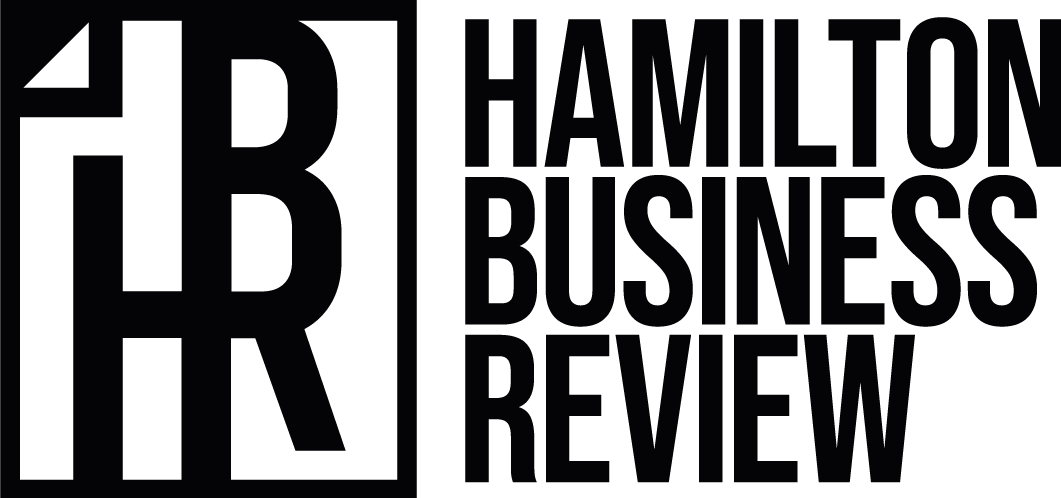Hamilton Health Sciences is piloting new medical technology across the city

Hamilton Business Review

“A portable, advanced handheld skin imaging device being tested by Hamilton Health Sciences (HHS) is proving to be highly effective in spotting very early signs of pressure injuries in patients, even when damage is starting to form under the skin and can’t yet be seen by the naked eye.
A pressure injury, also called a pressure ulcer or bedsore, is damage to skin and tissue under a bony part of the body that has been pressed against a surface, such as a mattress or wheelchair. They happen when patients aren’t able to shift their weight, and the skin starts to break down.
Initial results from a four-month period, which included over 3,500 patient assessments, found that the MIMOSA Pro correctly identified the lack of early signs of pressure injuries in adult patients 91 per cent of the time, compared to 40 percent using the Braden Scale.
Pressure injuries are a challenge for hospitals, especially with higher-risk patients like older adults, and patients who are bedridden or in wheelchairs. Wounds from pressure injuries can lead to longer hospital stays, infection, amputation and even death.”
See what's possible. Bring your discovery to market.
Related Articles
Related
St. Joe’s prepares to launch a groundbreaking psychedelic medical research centre
"The Centre for Health Innovation and Research in Psychedelics at St. Joe’s is dedicated to advancing the science of medicinal psychedelics. With demonstrated effects on serotonin pathways, neuroplasticity, anti-inflammatory effects and functional connectivity in the...
Alectra Powers Communities Beyond Our Borders
"Alectra Utilities has been honored by the Ukrainian World Congress (UWC) for its generous contribution toward restoring power to Ukrainian schools devastated by Russia’s relentless missile and drone strikes. During a presentation to Alectra’s Board of Directors on...
Hamilton Modular Builder is Helping Address the Housing Crisis Head-on
"The city has chosen a Hamilton-area modular home company to provide the 60 micro shelters that will form a temporary new neighbourhood in southeast London for people with nowhere else to live. Fero International Inc., based in Stoney Creek, builds the modular homes...
